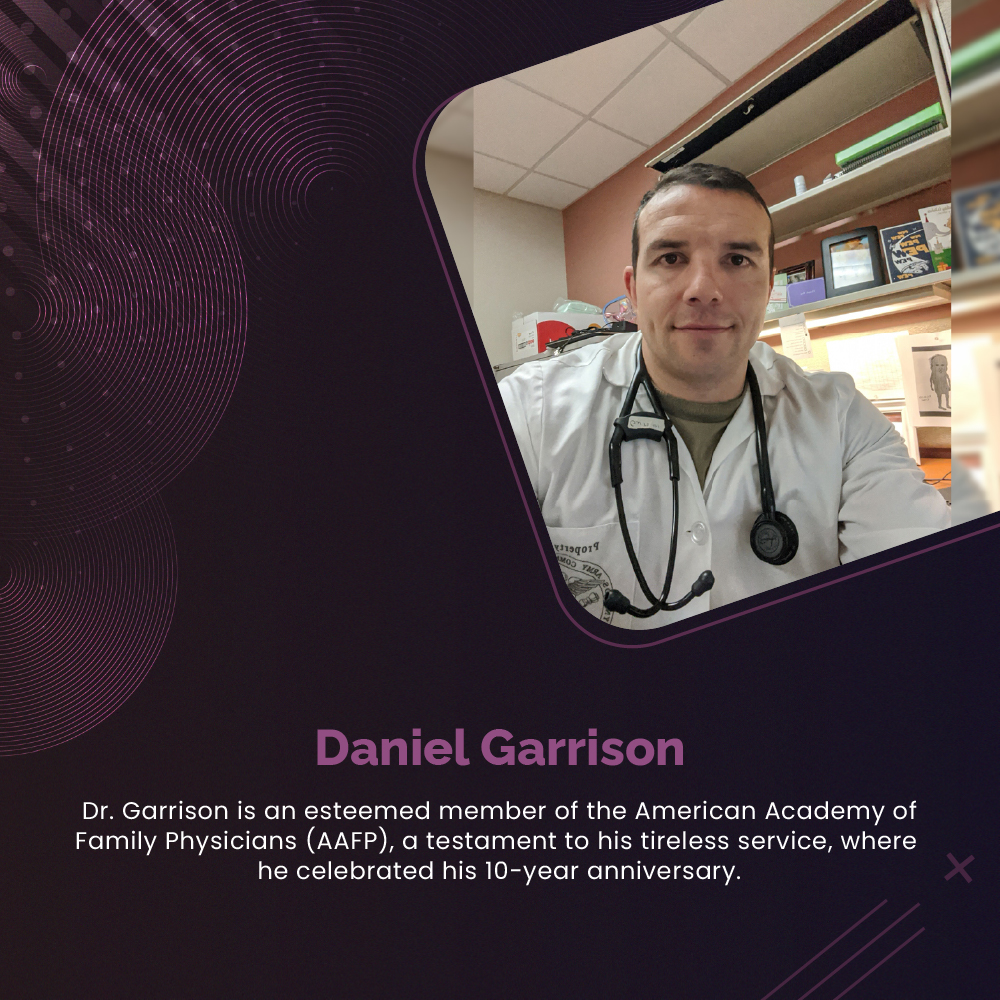
In the fast-paced world of healthcare, listening often takes a back seat to diagnostics and treatments. Yet, listening is one of the most critical skills a healthcare provider can possess. Effective listening helps in accurate diagnosis and builds strong relationships with patients, fostering trust and ensuring better health outcomes. Listening to patients goes beyond hearing their symptoms. It involves understanding their concerns, empathizing with their situations, and responding appropriately. When healthcare providers listen actively, they gather more accurate information, leading to better diagnoses and effective treatment plans. Moreover, patients who feel heard are more likely to adhere to medical advice and follow through with treatment plans, ultimately leading to improved health outcomes.
Establishing Trust and Rapport
A strong patient-provider relationship is built on trust established through effective communication. When patients feel that their healthcare providers genuinely listen to them, they are likelier to share vital information about their health. This openness is crucial for accurate diagnoses and effective treatment plans.
Listening also demonstrates respect and empathy. When healthcare providers take the time to listen, they show that they value their patients’ experiences and perspectives. This respect fosters a partnership between the patient and provider, essential for effective healthcare delivery. Patients who trust their providers are more likely to engage in open dialogue, ask questions, and express concerns, all contributing to better health outcomes.
Enhancing Patient Satisfaction
Patient satisfaction is a key indicator of quality healthcare, and effective listening plays a significant role in achieving it. Patients who feel heard and understood are likelier to have positive experiences with their healthcare providers. These positive experiences lead to higher patient satisfaction scores, which are increasingly important in today’s healthcare environment, where patient reviews and ratings can influence a provider’s reputation.
Moreover, satisfied patients are more likely to return for follow-up visits and recommend their healthcare providers to others. This word-of-mouth promotion is invaluable for building a strong patient base and maintaining a successful healthcare practice. In essence, listening to patients improves their individual experiences and enhances the healthcare provider’s overall reputation.
Improving Health Outcomes
Effective listening can lead to better health outcomes by ensuring that healthcare providers comprehensively understand their patients’ health concerns. When providers listen actively, they are more likely to catch subtle details that could be crucial for an accurate diagnosis. This thorough understanding can prevent misdiagnoses and ensure patients receive the most appropriate and effective treatments.
Patients who feel heard are also more likely to adhere to their treatment plans. When patients trust their providers and feel that their concerns have been addressed, they are more likely to follow medical advice, take prescribed medications, and make necessary lifestyle changes. This adherence to treatment plans is essential for achieving positive health outcomes and preventing chronic conditions from worsening.
Developing a Patient-Centered Approach
Listening is at the heart of a patient-centered approach to healthcare. This approach prioritizes patients’ needs and preferences, ensuring that they are active participants in their own care. By listening to patients, healthcare providers can tailor their care plans to meet individual needs, preferences, and values.
A patient-centered approach also involves shared decision-making, where patients and providers collaborate to make healthcare decisions. Effective listening is crucial in this process, as it ensures that patients’ voices are heard and their preferences are considered. This collaborative approach empowers patients and leads to more personalized and effective care.
Overcoming Communication Barriers
Communication barriers can arise in healthcare due to various factors, including language differences, cultural misunderstandings, and health literacy issues. Effective listening can help overcome these barriers by ensuring patients feel understood and respected. Healthcare providers who listen actively can identify and address potential misunderstandings, ensuring that patients clearly understand their health conditions and treatment options.
Additionally, listening can help healthcare providers recognize and address any concerns or anxieties that patients may have. By addressing these concerns, providers can build stronger relationships with their patients and ensure they feel supported throughout their healthcare journey.
Training and Practice
While listening is a natural skill, it can be enhanced through training and practice. Healthcare providers can benefit from communication training programs focusing on active listening techniques, empathy, and patient engagement. These programs can provide valuable tools and strategies for improving communication and building stronger patient relationships. Moreover, healthcare organizations can create a culture that values and prioritizes effective communication. By encouraging healthcare providers to listen to their patients and recognizing and rewarding effective communication, organizations can improve the overall quality of care and patient satisfaction.
Listening is a fundamental aspect of healthcare that significantly impacts the patient-provider relationship, patient satisfaction, and health outcomes. By prioritizing effective listening, healthcare providers can build stronger patient relationships, foster trust, and ensure better health outcomes. In an increasingly complex and fast-paced healthcare environment, listening to patients is beneficial and essential for providing high-quality, patient-centered care.